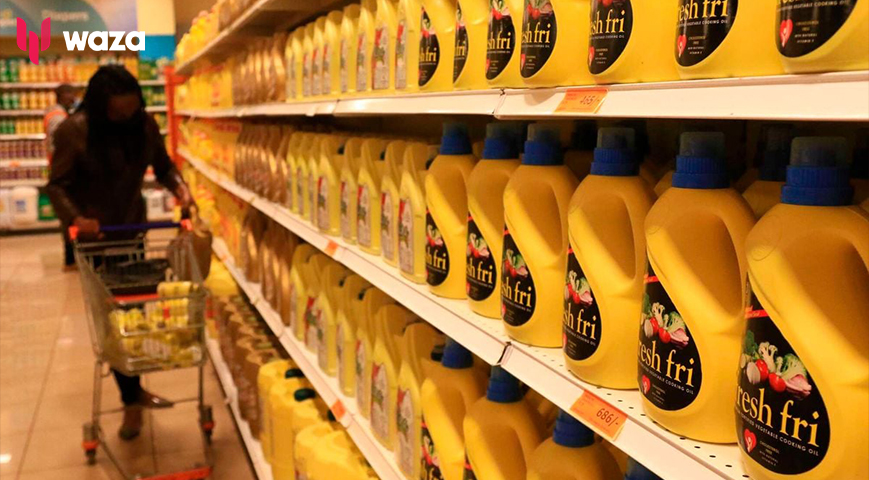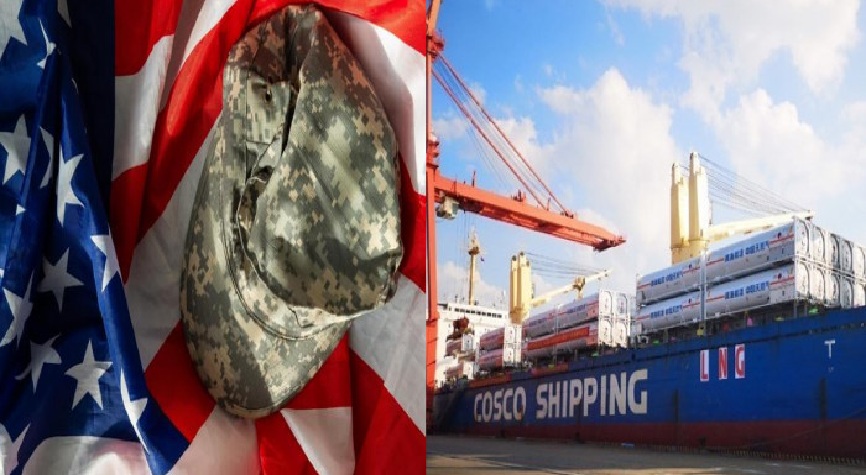You may have unknowingly used substandard cooking oil that was flagged as unfit for consumption by the Kenya Bureau of Standards (KEBS). Esther Ngari, KEBS Managing Director, revealed that 32 million liters of edible oil entered the market despite concerns raised by the bureau.
Speaking before the Senate Standing Committee on Trade and Industrialization, Ngari explained that the oil had not been destroyed or sent back due to an ongoing investigation. Out of 73 consignments shipped through the Mombasa port, 44 were cleared for sale, even though tests on eight samples showed they failed the Vitamin A requirement and lacked insoluble impurities.
A deficiency in Vitamin A can lead to various health problems, such as vision impairment, skin disorders, infertility, and stunted growth. Ensuring edible oils meet this requirement is vital for public health in Kenya.
Did you read this?
Ngari confirmed the oil was unsuitable for human consumption in response to Marsabit Senator Mohamed Chute's inquiry. Geoffrey Murira, KEBS Director of Quality and Assurance, also emphasized that the oil lacked Vitamin A, making it substandard.
Despite KEBS instructing the Kenya National Trading Corporation (KNTC) to either destroy or return the oil, Ngari admitted the agency lacked the authority to prevent the sale of the remaining 36 consignments—totaling 32 million liters.
Nominated Senator Betty Montet questioned whether KEBS followed up to ensure the oil was destroyed, to which Ngari responded, "We don’t retest consignments that arrive with a certificate of conformity."

Three companies—Shehena Commodity Trading Company, Multi Commerce FZC, and Charma Holdings—were authorized to import the oil under a government initiative aimed at lowering the cost of cooking oil.
While the fate of the already-distributed oil remains unclear, documents from KEBS and KNTC indicate that nearly half of the 53 million liters of cooking oil brought into Mombasa have been held up for over a year. KEBS reported that 23 consignments, containing 20 million liters, are still under inspection, while others have been rejected. Due to the hot coastal climate and the oil's limited shelf life, Kenya risks losing another Ksh. 6 billion in spoiled goods.












